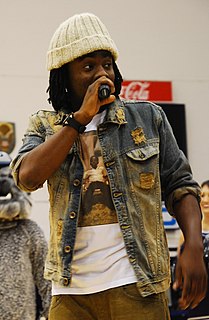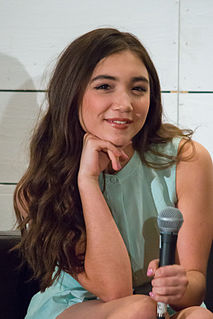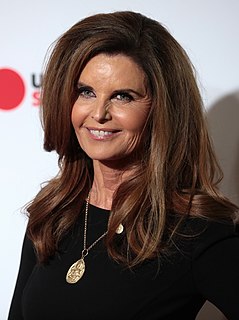A Quote by Wale
I've seen all types of women. Celebrity girls I've dated and regular 9 to 5 girls. I've had shows where married women have tried to follow me to my hotel. My perception of women isn't very ignorant because I've seen a lot.
Related Quotes
The biggest piece of advice I would give to other women and girls is that it's really hard, and I feel like we're promised in like these phrases like, "Never give up," and stuff like that, it's going to be easier if you just listen to them. In my experience, and I think the experience of my friends and other women around me, it's a lot - you have to do a lot for yourself because the world isn't as friendly to women and girls as it should be, and it's not as helpful as it should be.
I understand why some women/girls/ladies don't want to be women-identified 'cuz it totally complicates your band identity and no one seems to pay much attention to the music or what you're doing. We have chosen to be girl-identified (although Billy isn't a girl!), because we want to encourage other women/girls to play music. When I was growing up, I found it discouraging to have all these women in bands not wanting to address the issue of gender...we're interested in what women are doing.
In many developing countries, girls don't go to school. They stay home. They are at the water wells, bringing water back and forth to the village. Or they are doing chores, preparing meals, farming. Some cultures think girls and women shouldn't be educated, and those are very often the places where the treatment of women and girls is the worst.
CoverGirl's Girls CAN movement is perfectly aligned with my passion for helping young women overcome life's challenges, and my commitment to highlighting girls' successes. I am thrilled to partner with CoverGirl to embark on this exciting journey to improve the lives of girls and women in the world.




































